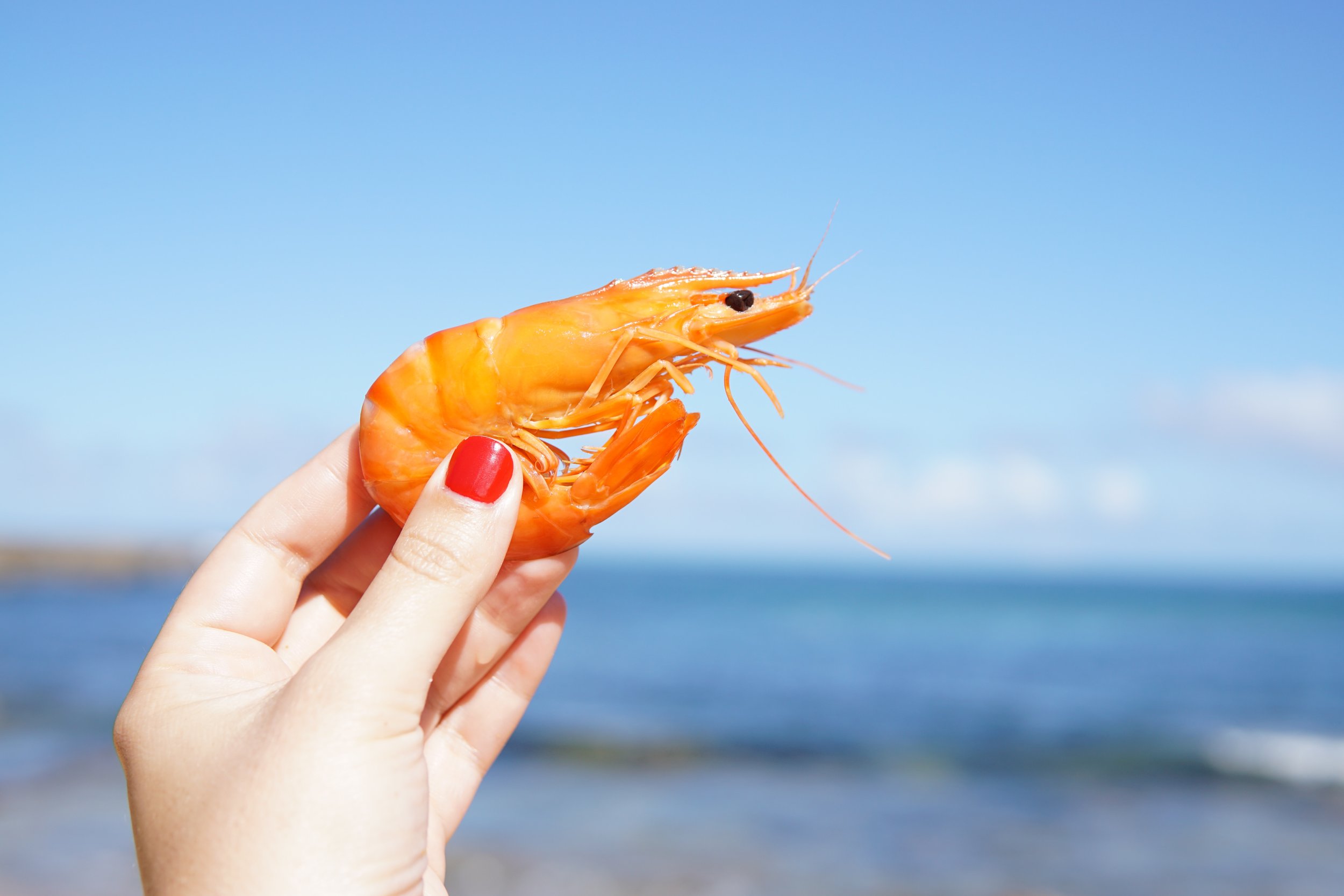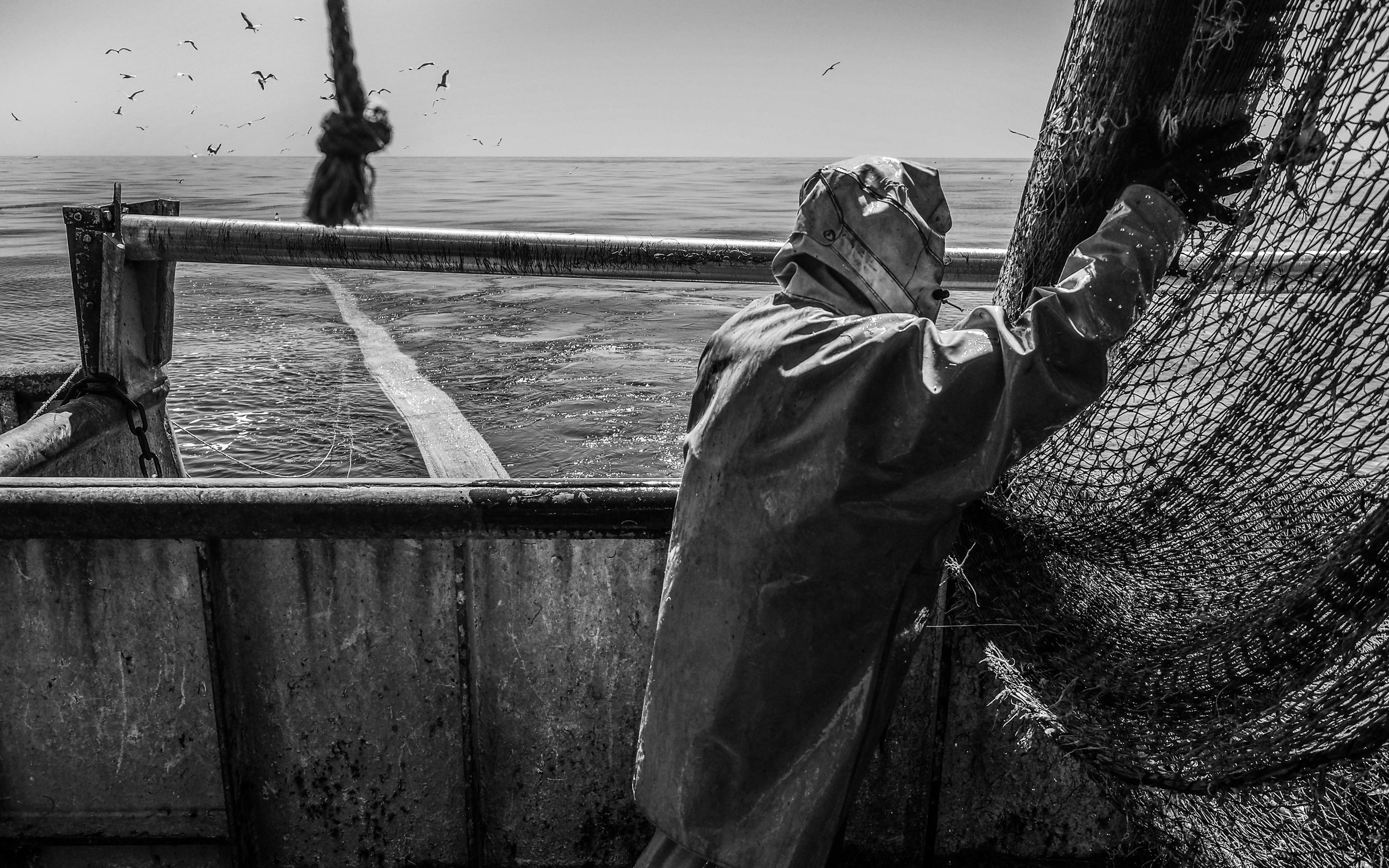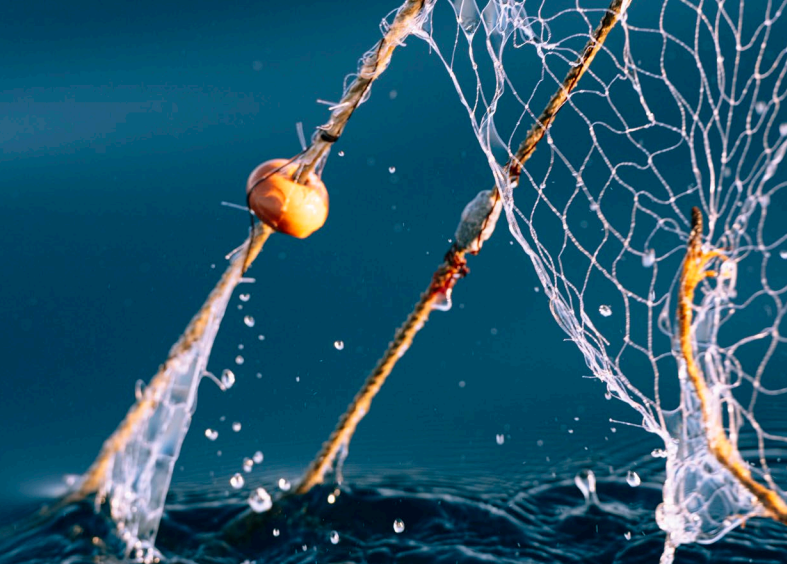In this article, the author looks at the 0 draft political declaration of this high-level summit on Sustainable Development Goal 14 “life below water” in the light of the demands of SSF organisations participating at the conference. For this, she underscores the failure of UNOC to bring a human-rights approach to ocean conservation, echoing criticisms brought forward by UN Special Rapporteurs on human rights and Civil Society Organisations.
Small-scale fishers should be at the centre of the European Oceans Pact
The EU should guarantee rights-based and equitable decision-making processes about ocean uses, ensuring the protection of the most vulnerable facing more powerful blue economy industries. Taking into account the role of artisanal fisheries in food security and poverty eradication in developing countries, the EU should also support SSF and sustainable fisheries management in its ocean partnership with African countries.
EU-Mauritania SFPA – Joint Committee ahead: small pelagic fish goes under the spotlight
The Joint Committee of the EU-Mauritania SFPA will meet in Nouakchott from 4 to 6 December 2024. In this article, the author makes a number of recommendations in the light of the conclusions of the Fishery Committee for the Eastern Central Atlantic (CECAF). In its latest report, CECAF described the catastrophic situation of shared stocks of small pelagics and recommended a substantial and immediate reduction in fishing effort of 60% for flat and round sardinella.
A CFP external dimension fit for the future: more focus on good governance, less on paying access rights for EU fleets
The author makes 4 recommendations to make the external dimension of the CFP more effective: (1) the EU should shift from access agreements to fisheries governance agreements, while (2) continuing to support informed participation of stakeholders in third countries; (3) it should also ensure that all vessels of EU origin, including those reflagged, abide by sustainability standards; and (4) it should actively engage, at international level, to promote transparent, fair, and sustainable access arrangements applicable to all fleets of foreign origin fishing in developing countries.
Yellow card Senegal: the fight against IUU fishing must also be waged in the coastal zone
At a time when the fisheries agreement is being renegotiated, Senegal is initiating a formal dialogue with the EU on the fight against IUU fishing. As part of this dialogue, the European Union has a responsibility to improve controls on vessels of European origin, and to impose heavy penalties when they fail to comply with the rules.
Fishing at a discount? Rethinking the design of fisheries access fees in Africa
The author discusses the design of access fees for foreign fishing vessels in African countries and explains why these fees are low in most African nations. He also debates conditions under which industrial fishing vessels of foreign origin should be given access, or not, to African coastal countries waters, and argues for a re-think of access fees design.
EU-Mauritania SFPA: scientists highlight key sustainability issues, do not consider coral reefs protection
The latest minutes of the meeting of the last Joint Scientific Committee (JSC) of the Sustainable Fisheries Partnership Agreement between the European Union and Mauritania reveal that there is still a long way to go to ensure that all EU fleets active in Mauritania fish sustainably, particularly as regards the control and limitation of by-catches and discards.
The EU must develop fisheries specific due diligence legislation
The Spanish presidency of the EU is seeking to finalise the negotiations for a corporate accountability directive before the end of December 2023, which would see European based companies take some degree of responsibility for what they do in third countries. We look at some key issues at stake for the third countries small scale fishers.
How can SFPAs improve working conditions for African crews on board distant water fishing vessels?
An ambitious High Seas Treaty must not come at the expense of coastal fishing communities
It is the last week of the 5th session of the Intergovernmental Conference on Marine Biodiversity of Areas Beyond National Jurisdiction (BBNJ) and there is an expectation that delegates will agree on a series of topics, including area-based management tools. However, Marine Protected Areas in areas beyond national jurisdiction without further measures to reduce capacity might instensify the fishing effort in EEZs, increasing competition with small-scale fisheries.
Don’t miss the woods for the tree: Beyond FADs, overcapacity in Indian Ocean tuna fisheries needs to be addressed
At the beginning of February, the Indian Ocean Tuna Commission (IOTC) Contracting Parties, meeting in Kenya, adopted Conservation and Management Measures on both anchored and drifting Fish Aggregating Devices (FADs). These measures were welcomed by many Indian Ocean nations that consider FADs one of the main reasons of tuna overfishing in the region. An article by Beatrice Gorez and Hélène Bours.
Will a "CFP tomorrow" support sustainable artisanal fisheries in Africa?
PRESS RELEASE: On 21 February, the Commission presented several measures to improve the sustainability of the EU fisheries and aquaculture sector. It includes four elements: Energy Transition, an Action Plan to protect and restore marine ecosystems, a Communication on the "common fisheries policy today and tomorrow and a Report on the Common Market Organisation for fishery and aquaculture products. How will these impact African small-scale fishing communities?
The UN trumpets the importance of small-scale fisheries, but keeps mum about the blue threats it faces
Fisheries management in West Africa: the example of sardinella
More aquaculture to feed the world? Not at the expense of African fishing communities
Nowadays, aquaculture provides more people with food than capture fisheries, and the tendency is growing. The accompanying demand for fishmeal and fishoil, driven mainly by China, is increasingly being covered by West African fishing. However, putting the blame for the threat to fish stocks in the region solely on China’s appetite for seafood falls a little short.
Experimental fishing or experimental pillaging in Liberia?
Transparency: Mauritania improves its score, but is still far from the goal
A better 2021
Improving scientific observer coverage in mixed Fisheries Agreements in West Africa
BirdLife Europe and Central Asia, CFFA and WWF release a joint paper with recommendations to harmonize the conditions for the embarkment of scientific observers on board EU vessels and ask that data collection include more specifications on the biological information required, including information on bycatch species.
World Fisheries Day: How the EU can support sustainable African artisanal fisheries
In this declaration on the occasion of World Fisheries Day, CFFA calls on the European Union to integrate the FAO Guidelines for Securing Sustainable Small-scale fisheries into all its policies that have an impact on this sector, particularly in the Blue Economy and Farm to Fork strategies and in its external action.





















